In the key verse above, this mass killing of innocent children by King Herod was ostensibly to prevent Jesus from usurping Herod’s kingship. Ramah, situated near Bethlehem, was home to the tribe of Benjamin, who was Rachel’s son. Her grave is located between Ramah and Bethlehem. Rachel weeps for her descendants, her children, who have been murdered. They are no more.
Parents and families in Uvalde, Texas, weep today because 19 of their children (and two teachers) are no more.
On US school campuses, there have been over 900 incidences of gun fire. In a recent poll, more than 57% of teens go to school expecting the possibility of a shooting.
As the news of this latest school shooting spreads through international news outlets, even Ukrainians living in the midst of constant missile attacks in their own country ask an American journalist why this happens in the US. It is shocking to them and to the world.
Why does it have to be this way?
In the US where guns outnumber people and gun rights laws outweigh gun safety laws, we are living and dying in unprecedented times. Beginning in 2020, gun violence is the number one killer of children, more than the number of deaths due to motor vehicle crashes. On an average daily basis, roughly 12 children die every day in the US from gunshot wounds. Homicide is the reason for the deaths of more than two-thirds of the 4,368 children killed by gun violence in 2020, while suicides account for 30% of these deaths. (Note that almost 40,000 people die every year in the US due to gun violence.)
Traveling internationally gives me an awareness of how other countries manage social issues and I wonder why gun rights and gun safety laws in the US have become so politicized, all at the cost of our children’s lives. Are we saying that guns are more important than our children?
Just days before this mass shooting, an ad displayed by the gun manufacturer of the gun used in Uvalde shows a photograph of a toddler holding a semi-automatic rifle with the caption of Proverbs 22:6: “Train a child in the way he should go, and when he is old he will not turn from it.”* I seriously doubt that the writer of the book of Proverbs had semi-automatic rifles in mind when penning that verse. God must shed many tears over how Scripture is misused in order to justify one’s actions.
In Matthew 19:14, Jesus Himself says, “Let the little children come to me, and do not hinder them, for the kingdom of heaven belongs to such as these.” In the society in which Jesus lived, children were not valued. Yet children were significant to Him. He valued them. And still does.
A majority of Americans support some form of gun safety laws which can include background checks (including at gun shows and other private sales), red-flag laws that temporarily take guns from a mentally ill person, or even banning assault-type weapons. Yet what message are we sending to our children regarding how valuable they are to us when we use our vote to support politicians who refuse to pass gun safety laws?
We cannot continue to sit back and allow mass shootings to occur and the trend is only getting worse. Just this Memorial Day weekend, at least 11 mass shootings (defined as 4 or more people killed or injured) occurred.
I come back to the question of “Why?” Why does it have to be this way in the US where parents are afraid to send their children to school and are told to memorize what their child wears each day in case they have to identify their bodies? If we stand up for our children, for our neighbors, for our communities, perhaps we can stem the tide that gun violence has flooded into our society. It is all about loving our neighbors and doing what’s right by them and their (and our) innocent children. For after all, as Jesus says, the kingdom of heaven belongs to such as these.
Heavenly Father, how Your heart must break when gun violence kills innocent children. Motivate me to use my voice and my resources for good, to protect the vulnerable, and to love my neighbors well. May I not misrepresent Your Word by twisting it for my own purposes but may I seek what is true, noble, and right. Amen.
NOTE: A good place to start fighting gun violence is in your own home. If you own a gun, keep it locked up and the ammunition stored separately. If you know someone who has a gun, ask them to do the same.
There are good organizations that work to end gun violence, promote related mental health issues, and help victims. Check out Charity Navigator’s list: https://www.charitynavigator.org/index.cfm?bay=content.view&cpid=9609. Also use Charity Navigator’s search bar to find other similar organizations in the fight against gun violence.
Moms Demand Action is a gun violence prevention group that operates under the auspices of Everytown for Gun Safety (their Everytown for Gun Safety Support Fund is a 501(c)(3) organization and donations are tax-deductible).
Other worthwhile organizations include Giffords (both Giffords.org and Giffords Law Center to Prevent Gun Violence, led by former Congresswoman Gabrielle Giffords) and BradyUnited.org (founded by former White House Press Secretary Jim Brady).
Text and photograph copyright © 2022 by Dawn Dailey. All rights reserved. Photo of the Lennon Wall in Prague, Czech Republic. Originally an outlet to speak against the former Communist regime, the wall became associated with John Lennon after he was shot and killed in 1980. Today the wall is associated with global ideals of love and peace.
Not a subscriber to the monthly blog posts? Click here to subscribe.
A NOTE ON RACIAL JUSTICE: Becoming antiracist is a journey. Together, we can make a difference. Will you join me? Check out my web page on “Justice Matters” to find resources and to connect with organizations engaging in the cause of racial justice. Click here to learn more.
All scripture quotations, unless otherwise indicated, are taken from the Holy Bible, New International Version®, NIV®. Copyright ©1973, 1978, 1984, 2011 by Biblica, Inc.™ Used by permission of Zondervan. All rights reserved worldwide. www.zondervan.com The “NIV” and “New International Version” are trademarks registered in the United States Patent and Trademark Office by Biblica, Inc.™
Scripture quotations marked with an asterisk (*) are taken from the HOLY BIBLE, NEW INTERNATIONAL VERSION®. Copyright ©1973, 1978, 1984 by International Bible Society. Used by permission of Zondervan. All rights reserved.

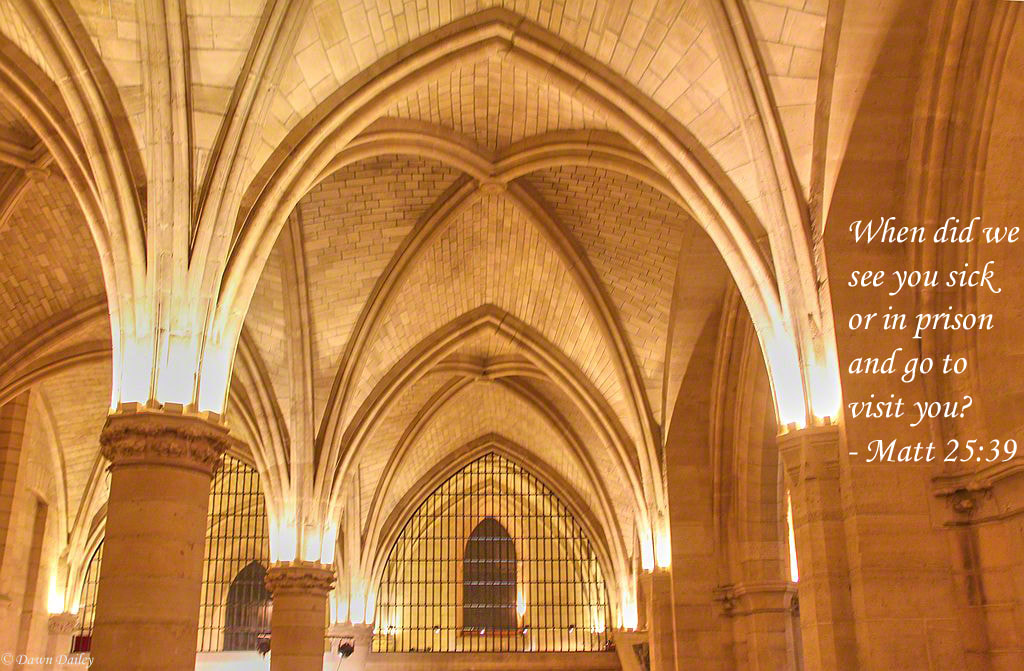
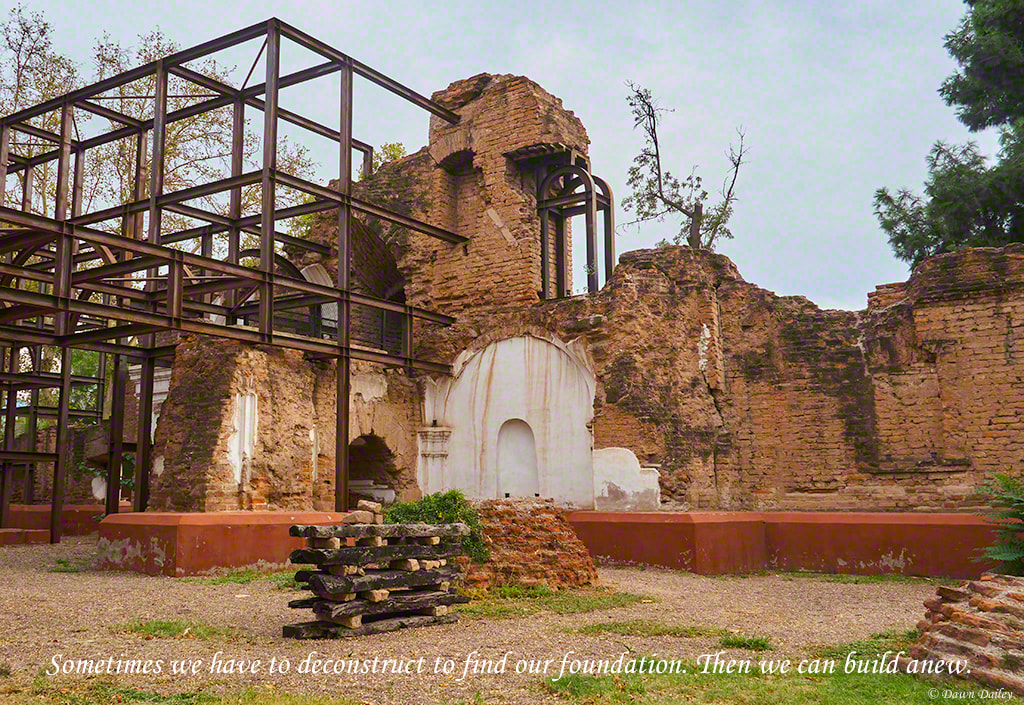
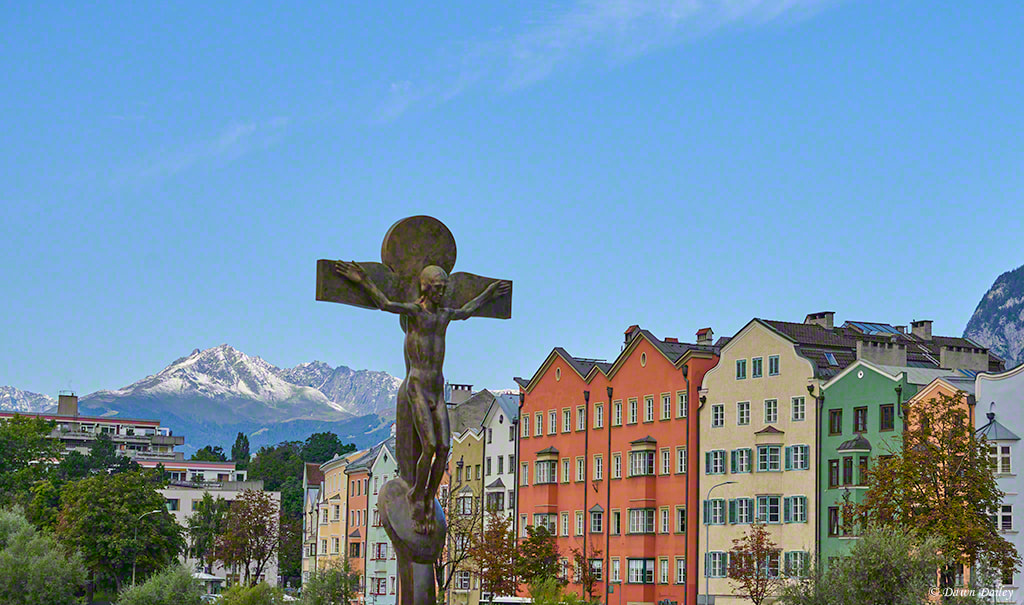
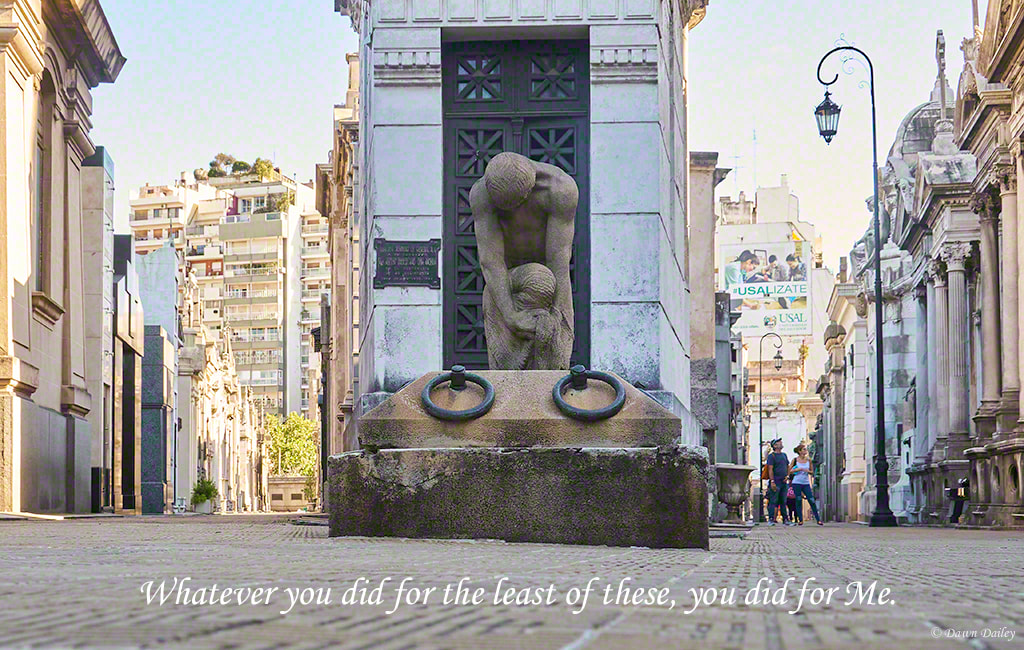
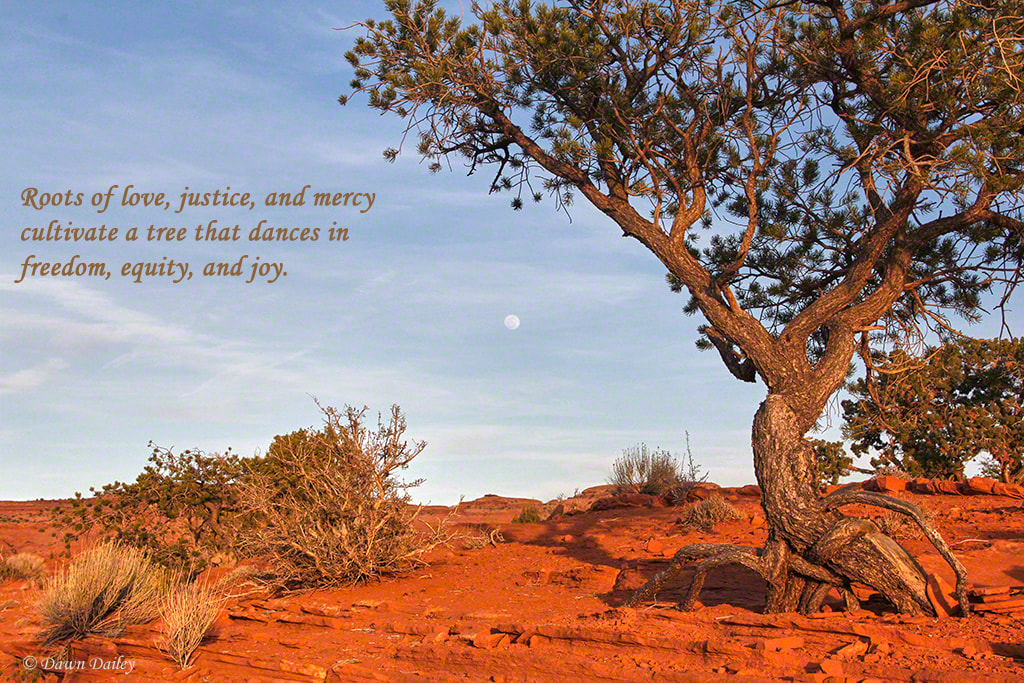

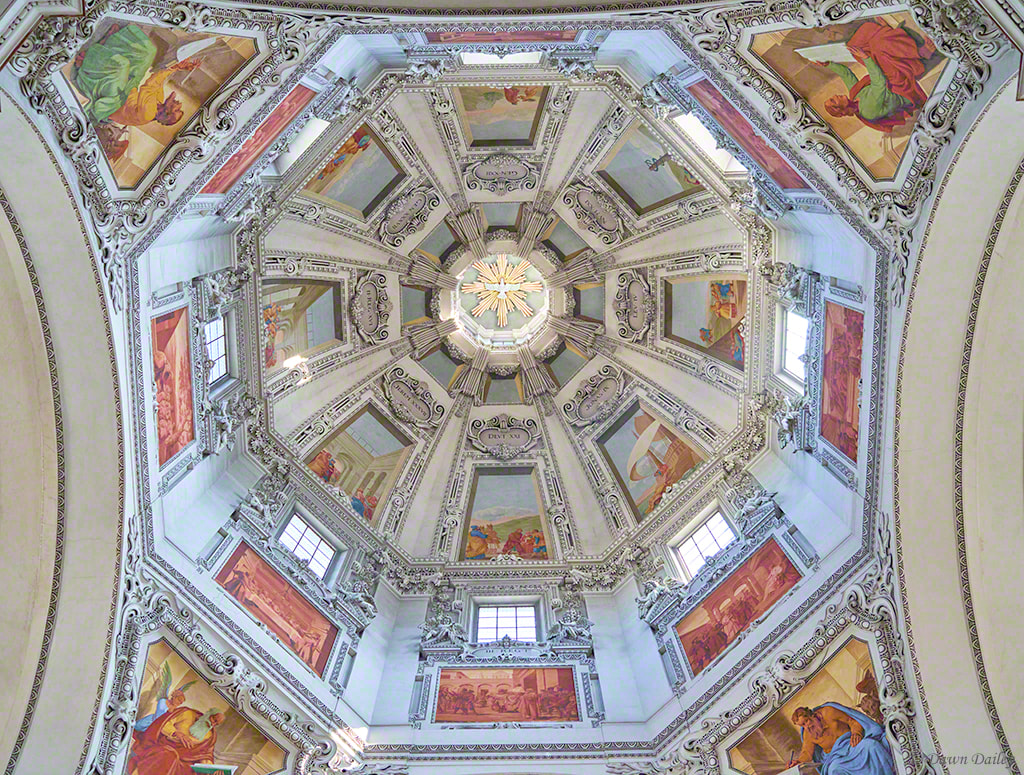
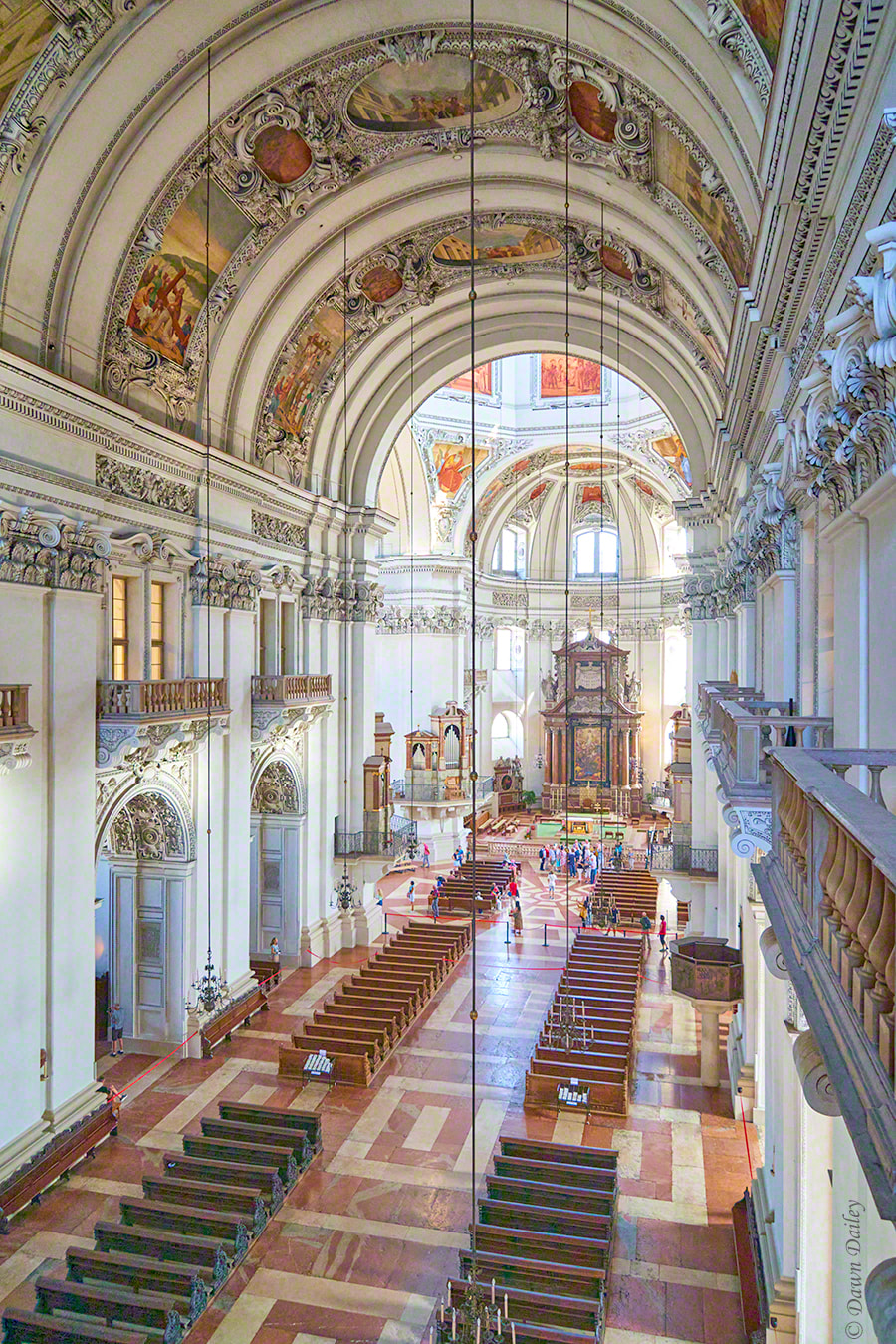
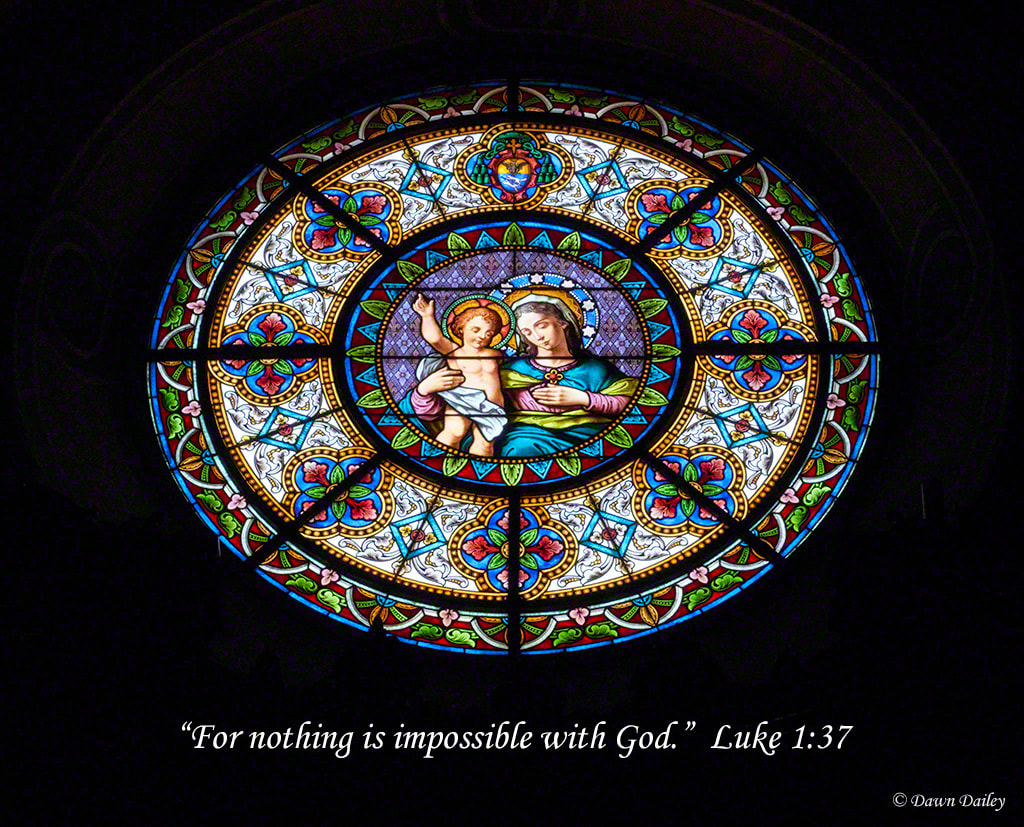
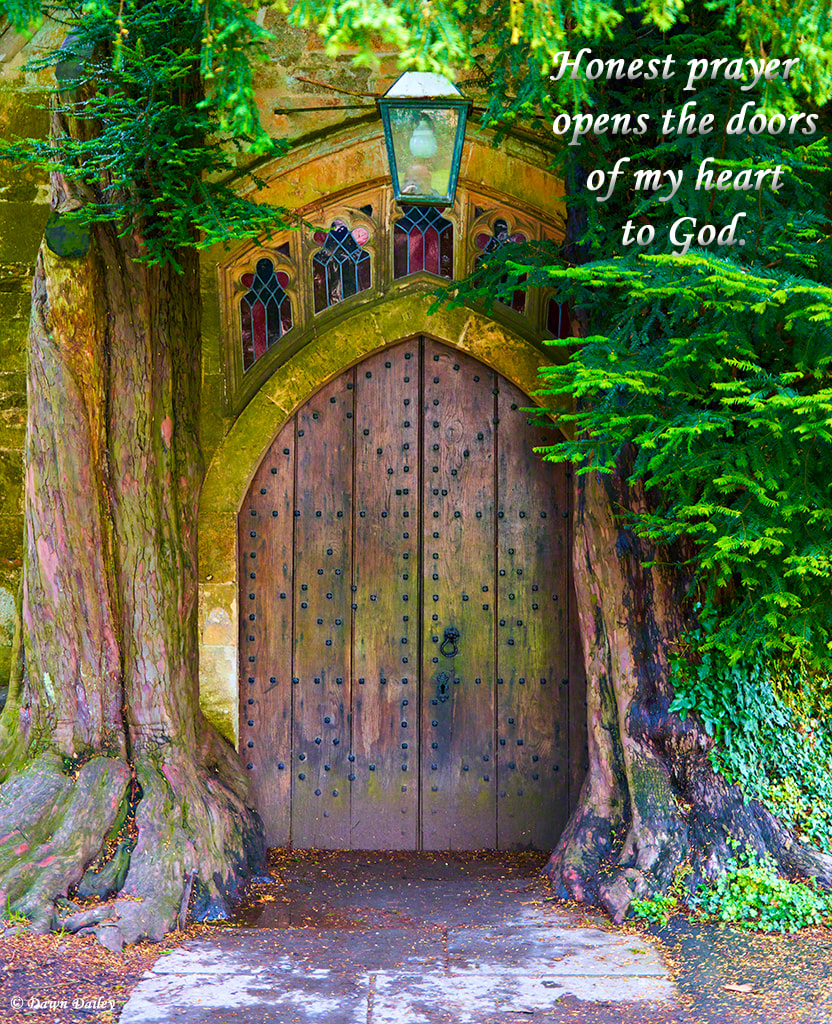
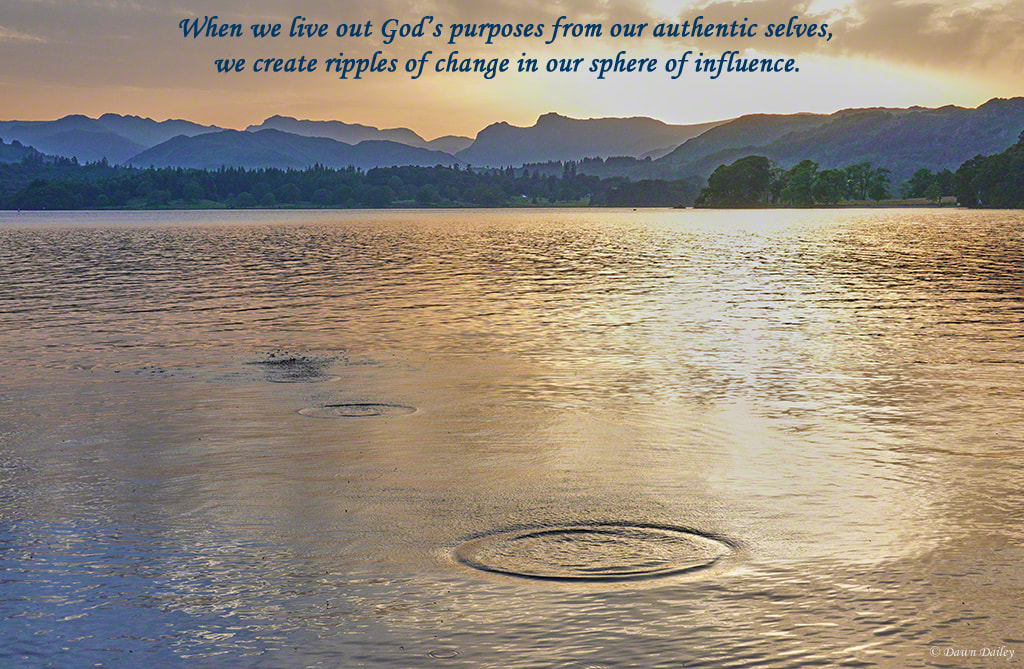
 RSS Feed
RSS Feed